Top 10 Truck Maintenance Tips – Extend Life of Your Truck
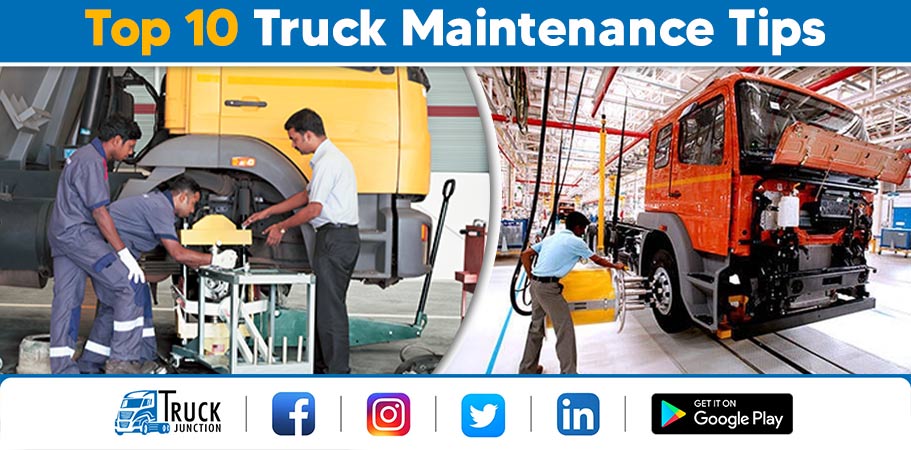
Truck maintenance is the key for your truck performance. Trained and skilled professionals provide truck maintenance. They provide all the details about your truck like tyre status, battery status, fuel status and many more. Therefore, the performance of the truck totally depends on the maintenance. If one part of your lorry does not work efficiently or is entirely broken, then you should replace it as early as you can.
We are here with several mandatory check ups that can keep your truck safe. Let’s know about them.
10 Essential Truck Maintenance Tips
We are here with 10 essential semi truck maintenance service tips, which can improve your truck efficiency.
1. Brake Wear and Failure
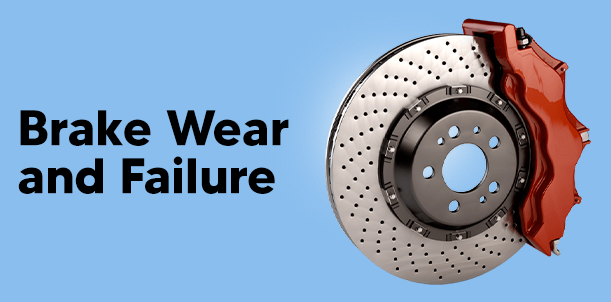
The first thing we included in this truck maintenance guide is brake service. Unfortunately, several accidents happened on the roads due to brake failure. That is the reason behind vehicle damage and third-party injury. To minimise these accidents, you should be sure to do routine checkups of your truck brakes by a professional. In addition, brakes should be inspected and maintained during every oil change because the travel distance varies on the driving habits.
Brakes require to be replaced on a routine basis because their parts wear. The indication of brake replacement is given by the brake shoe, which is built into the pads. When you replace your truck’s brake pads, you should also install new brake springs, bushings and pins. In addition, drums should also be replaced when shoes are changed out.
2. Engine Maintenance
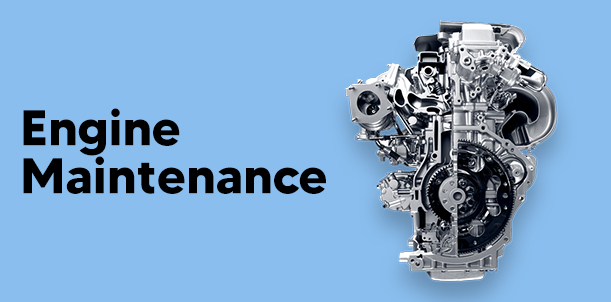
Engine and Drivetrain problems can be the reason for being your truck off the road. That’s why you should look out for signs like excessive smoking, decreased power and loss of oil pressure. These are the indications of an unhealthy engine.
You have to make sure that your truck engine gets a professional checkup so that professionals can tell you all about your truck engine. In addition, other pickup truck maintenance includes exhaust temperature, monitoring engine coolant, and keeping an eye on Oil and boost pressures. The rubber parts under the hood and the alignment of wheels should also be checked regularly.
3. Prevent Body Problems
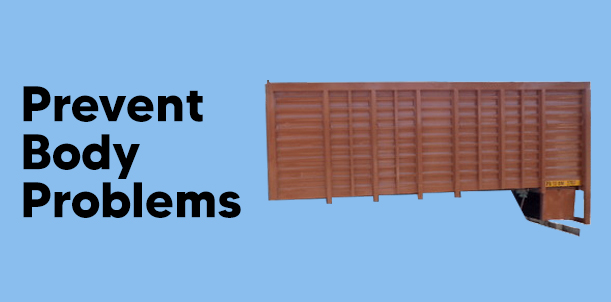
Body corrosion is one of the prime reasons why some trucks are retired earlier than others. The rust takes place due to salt and other chemicals. If you happen to drive where roads are full of ice and snow, the chances are high for corrosion. You can’t prevent rust, but it can be slow, and the vehicle’s life can be extended.
You should wash and clean your truck every 10 days. Washing keeps contaminants from eating through paint, clear coat, bare metal and primer. Along with this, you have to be sure to drain clear of debris so that the door jams can be wiped down.
4. Electrical System Issues
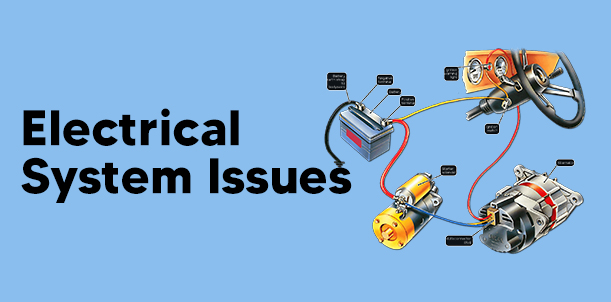
Newer trucks are more dependent on electrical systems. These newer vehicles use wires and many sensors to communicate with a computer to keep their engine turning. So you should do electrical checkups for your truck.
5. Replace Parts
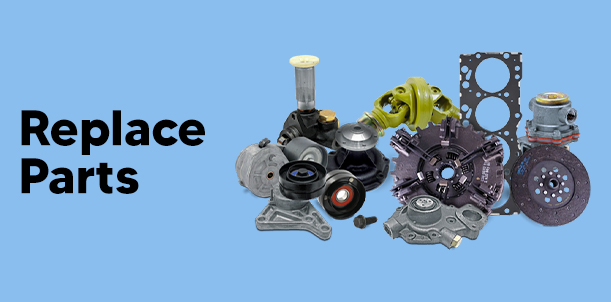
Parts that wear out should be replaced as early as you can. Because the wear out parts can minimise your truck performance. You can get your truck parts checked during the commercial truck service.
6. Maintain Lubrication
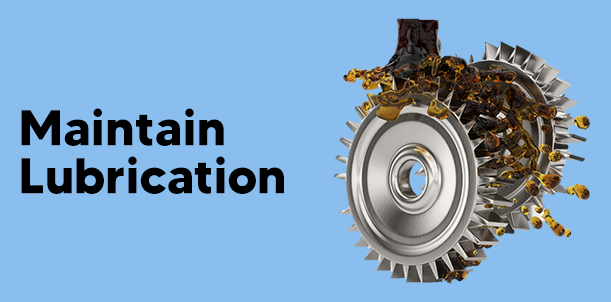
Keep your vehicle lubed, using only high-quality lubricant on the drivetrain zerks, steering, and suspension. Failure to do so can lead to premature wear and costly failures.
Make sure that monitoring for leaks and slop in drivetrain components is on your routine truck maintenance checklist. As the best method, you should lube all relevant components and fittings before every haul.
7. Change Oil
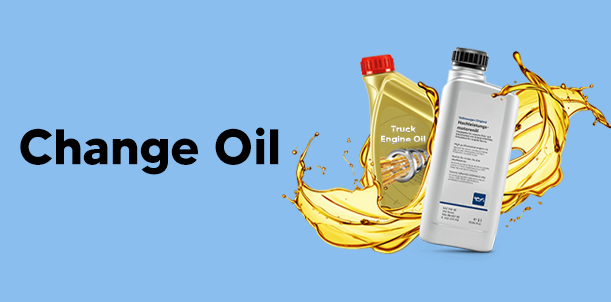
On average, engine decay occurs every few thousand miles, and that’s true for trucks that are regularly on the road. Every engine wears down eventually, but new oil limits that from happening prematurely. Instead, the Oil undergoes a thermal breakdown over time. As it fails, engine friction increases, raising the chances of total engine failure or a costly trip to a truck repair service shop. Apart from this, you should add this to your truck maintenance schedule.
8. Monitor Coolant System
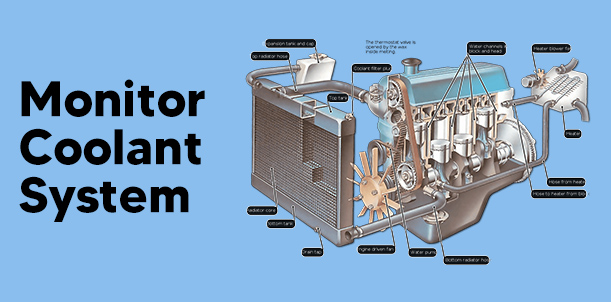
Many premature engine failures occur from improper maintenance of the coolant arrangement, so it’s essential to understand coolant types and adhere to the companies’ requirements. Doing so will ensure the antifreeze remains the engine temperature in an acceptable range and protects the cooling system from rust.
Keep the coolant arrangement clean at all times, which includes renewing damaged or corroded elements. Make sure you use the correct type and amount of fluid. You’ll also need to pay attention to the balance. Coolant must be perfectly diluted to maintain engine heat, usually in a half-and-half coolant-water mixture.
9. Air Pressure in Tyres
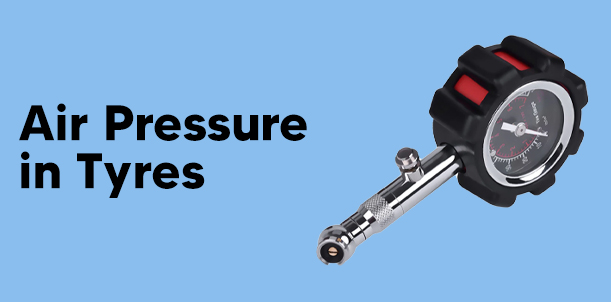
Underinflated tires are a burden on fuel efficiency, and overinflated tires can be a risk to safety because they are more inclined to blowouts or untimely tread wear.
You can defend up to 3.3% on your fuel bill by having your tires properly inflated. You can find the proper tyre pressure for your truck in your owner’s manual. So, air pressure can be considered as commercial truck maintenance.
10. Check Fuel and Storage Tank
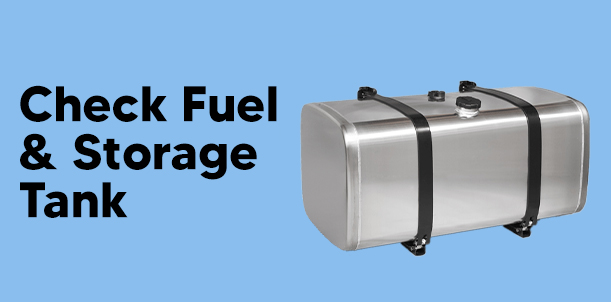
Keeping your fuel tank free of moisture and contamination will keep your fuel flowing and engine purring.
If you’re not using an expert heavy truck maintenance provider, follow the manufacturer’s terms for moisture control treatment to bypass water accumulation in the fuel. Water in the fuel can produce significant engine problems, so excluding the presence of water will warrant you can keep the wheels turning.
Now, we can understand the value of truck maintenance. The prime cause for vehicles’ failure is trucks with low maintenance.
For more information regarding trucks, tippers, trailers and other commercial vehicles, visit Truck Junction. You can purchase and sell old trucks with us at a good market price. Furthermore, if you want to know about truck service near me, you can find truck service centres near you at Truck Junction. Along with this, you can get truck maintenance cost and more information regarding maintenance.



